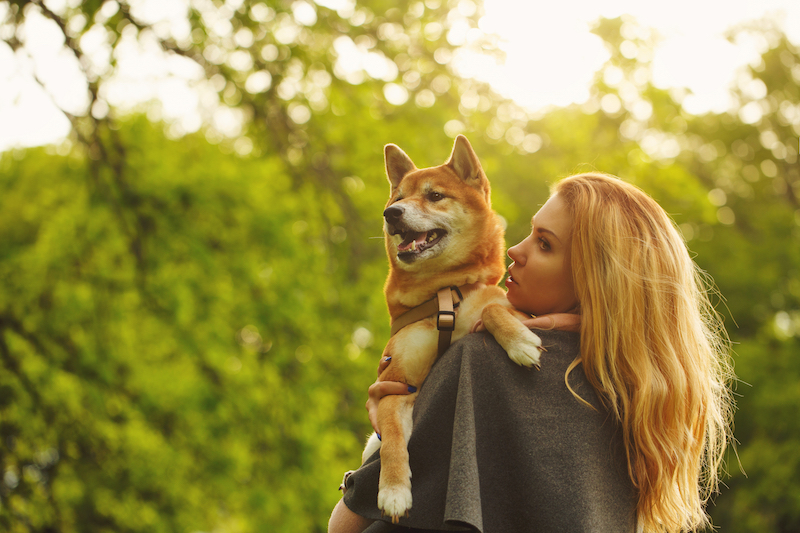Every choice we make reflects something about our preferences, our beliefs, our personality traits and our goals. The houses we live in, the jobs we work, the people we spend time with, etc. all reflect something about us. Therefore, it should be no surprise that there may also be a correlation between the kinds of pets we choose to keep. We know there are people who would consider themselves “dog people” or “cat people,” and that comes with a slew of stereotypical ideas about personality traits associated with both groups. But does what breed of cat or what kind of dog we choose reveal something about us?
Many people believe this is true, for the simple reason that whatever beliefs, fears, desires, or tendencies we possess will be apparent in the minutia of our choices, even down to that of what breed of dog or cat we prefer to spend our lives with. According to Lance Workman, a psychologist at the Bath Spa University in England, did a study about pet-and-master matching, and found that certain types of people are usually more likely to be paired with certain breeds of dogs. To dig a little deeper into these findings, Workman joined forces with the Kennel Club and came up with a brief test which was given to a sampling of 1,000 purebred dog owners. The questions were geared toward revealing more about an individual’s main personality traits. These included: extroversion, agreeableness, neuroticism, anxiety, contentiousness, and openness (or rather, intellectual curiosity).
Dog breeds were then broken down into groupings for the purpose of the study. These included:
- toy breeds (such as Chihuahuas)
- utility breeds (like Bulldogs)
- gun dogs (like Labradors)
- pastoral breeds (like shepherds and collie breeds)
- terriers (like bull terriers, etc.)
- working breeds (like Doberman Pinschers)
The results of the test compared the individual human’s answers with their choice of dog breed, and strong correlations were found. Though the study was not peer-reviewed at the time, the results were presented at the British Psychological Society Annual Conference, showing that people are more inclined to gravitate towards dogs that match their strongest or weakest aspects of their personalities.
For example, it was found that people who are drawn to pastoral dogs (such as Border Collies and German Shepherds) tend to be the most extroverted type of people. Gun dog owners (people who choose Labradors, Golden Retrievers or spaniels) are stereotypically the most amiable and agreeable kinds of people. People who are highly balanced, and emotionally/mentally stable seem to be drawn to hounds (such as Beagles), while those who own toy dogs are a more open-minded and creative group of people.
While many people could be affronted by some of the study’s findings about a person’s dog breed of choice and what it says about their personality, the test could actually prove helpful in several ways. For example, a first-time dog owner who is trying to find the perfect breed of choice, could take the test and see which sort of dog might best match his or her personality. That way, he would be much more likely to suit that specific kind of dog, rather than finding a mis-match and become unhappy with the pet he chose.

